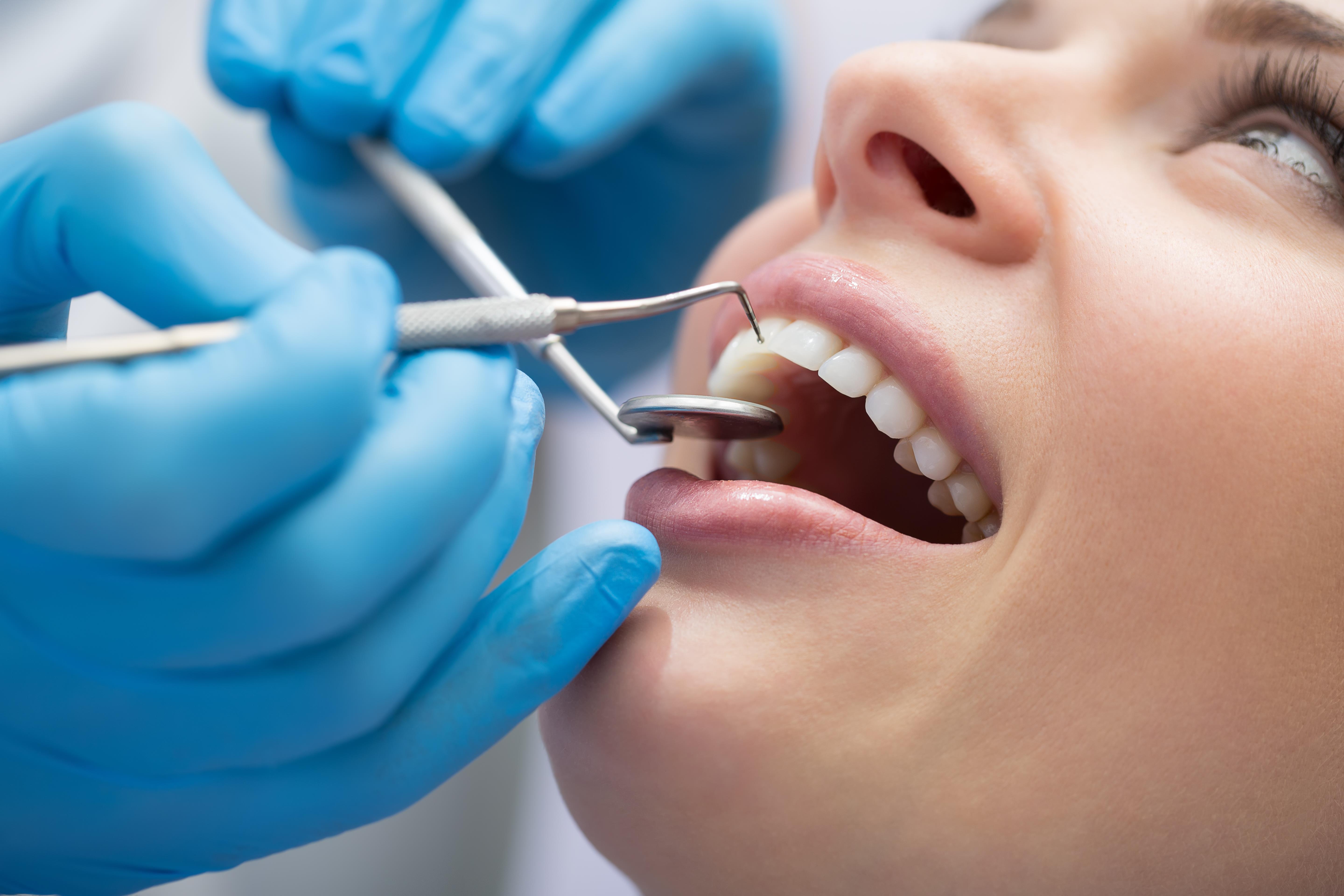Economical Dental Care Options from Leading Dentists Eugene
Economical Dental Care Options from Leading Dentists Eugene
Blog Article
Find Out About Constant Oral Worries Your Dental Professional Can Solve
Recognizing regular oral worries is important for preserving optimum dental health. Concerns such as cavities, gum illness, tooth level of sensitivity, foul-smelling breath, and dental caries prevail yet usually overlooked until they end up being extreme. Dental experts have the competence to identify and treat these conditions, therefore protecting against more issues. Normal oral sees and customized care plans can deal with these problems efficiently, ensuring a much healthier and brighter smile. What specific therapies do dental professionals use to deal with these issues, and exactly how can early intervention make a distinction? The solution to these questions use important insights into guarding your oral wellness.
Cavities
Cavities, additionally recognized as cavities, are a common oral wellness issue brought on by the demineralization of tooth enamel due to acid production from microbial plaque. This procedure begins when germs in the mouth metabolize sugars and starches from food, generating acids that wear down the enamel. If not dealt with promptly, this disintegration can permeate deeper right into the tooth, affecting the dentin and ultimately the pulp, potentially causing severe pain and infection.
The very early stages of tooth cavity formation frequently existing as white spots on the tooth surface area, showing initial demineralization. As the procedure progresses, these places can turn into black or brown sores, representing extra considerable decay. Normal oral check-ups are important for very early discovery, as cavities in their incipient stages can be treated with remineralization methods, such as fluoride therapies.
Once a tooth cavity has developed, corrective intervention is required. Dentists normally remove the decayed part of the tooth and fill the dental caries with products such as composite material, amalgam, or ceramic. In much more extreme situations, a crown or root canal treatment may be called for. Safety nets, including good dental hygiene methods and nutritional alterations, play a crucial function in mitigating the risk of dental caries.
Gum Tissue Illness
While dental caries stand for a substantial problem for dental health, an additional important issue that demands focus is gum illness. Likewise called periodontal disease, gum tissue illness is an inflammatory problem impacting the cells bordering and supporting the teeth. It is mainly triggered by the buildup of plaque-- a sticky film of microorganisms that forms on teeth.
Gum tissue illness proceeds through phases, beginning with gingivitis, characterized by redness, swelling, and bleeding periodontals (dentist eugene oregon). If left without treatment, gingivitis can intensify to periodontitis, where the inner layer of the gum tissue and bone retreat from the teeth, creating pockets that become infected. Gradually, the contaminants created by the microorganisms break down the bone and connective cells that hold teeth in position, potentially causing missing teeth
Early discovery and treatment are crucial. Professional dental cleansings and boosted oral health techniques, such as cleaning twice day-to-day and flossing, can take care of gingivitis. For advanced phases, therapies might consist of scaling and origin planing, antibiotics, or perhaps medical treatments.
Routine dental exams play a pivotal function in preventing and managing gum tissue disease. Dental practitioners can determine early signs and suggest appropriate treatments, ensuring the maintenance of healthy periodontals and total oral health.
Tooth Level Of Sensitivity
Tooth sensitivity affects millions of individuals worldwide, offering an usual yet commonly stressful oral problem. This condition occurs when the enamel, the outermost safety layer of the teeth, is endangered, revealing the underlying dentin. The dentin includes tiny tubules that lead straight to the dental pulp, where nerves reside. When revealed to stimulations such as warm, cool, pleasant, or acidic materials, these nerves are caused, creating sharp pain or discomfort.
Numerous aspects contribute to enamel erosion and succeeding tooth level of sensitivity, consisting of aggressive brushing, acidic foods and drinks, gum tissue economic downturn, and bruxism (teeth grinding) Furthermore, dental procedures such as teeth bleaching can briefly heighten sensitivity.
Negative Breath
An additional common dental problem that impacts individuals' daily lives is bad breath, clinically described bad breath. Bad breath commonly originates from bad dental health, which permits food fragments to continue to be in the mouth, cultivating microbial growth.

Suggestions may include improving oral hygiene practices, such as routine brushing and flossing, using antibacterial mouthwashes, remaining moisturized, and attending to any type of dental problems. Reliable management of halitosis not only enhances dental health and wellness yet also significantly improves top quality of life.
Tooth Decay
Avoiding dental caries involves a mix of great dental health practices and routine dental exams. Brushing teeth at the very least twice daily with fluoride tooth paste, flossing to remove plaque in between teeth, and limiting the consumption of sweet foods and beverages are important safety nets. Fluoride therapies, dental sealants, and expert cleanings supplied by a dentist can additionally play a considerable role in fortifying enamel and stopping decay.
Dental experts can get rid of corroded tissue and restore the tooth with dental fillings made from products such as composite resin, amalgam, or continue reading this porcelain. By attending to tooth decay quickly, dental experts aid protect oral framework and feature, ensuring long-lasting oral health and wellness.
Verdict
Dealing with typical oral concerns such as tooth cavities, gum tissue disease, tooth sensitivity, foul-smelling breath, and tooth decay is crucial for maintaining ideal oral health and wellness and general wellness. Dental professionals have the know-how to diagnose and deal with these concerns successfully, guaranteeing customized look after each individual. Regular precautionary procedures and dental exams are necessary in identifying and taking care of these concerns early, advertising a much healthier and much more certain smile over a lifetime.

Tooth degeneration, also recognized as oral caries, takes place when the enamel, the outermost layer of the tooth, is deteriorated by acids generated by bacteria in the mouth. Cleaning teeth at the very least twice daily with fluoride tooth paste, flossing to remove plaque in between teeth, and restricting the intake of sweet foods and drinks are vital preventive measures.Dealing with common dental problems such as cavities, periodontal disease, tooth level of sensitivity, bad breath, and tooth decay is vital for preserving optimum dental wellness and general well-being.
Report this page